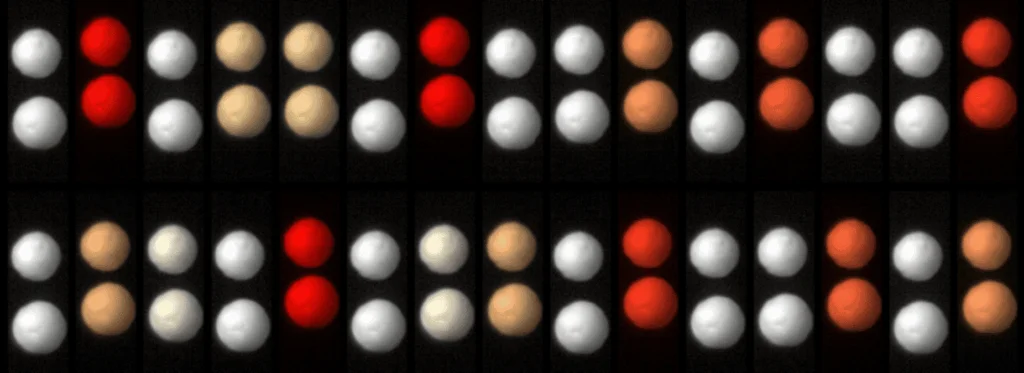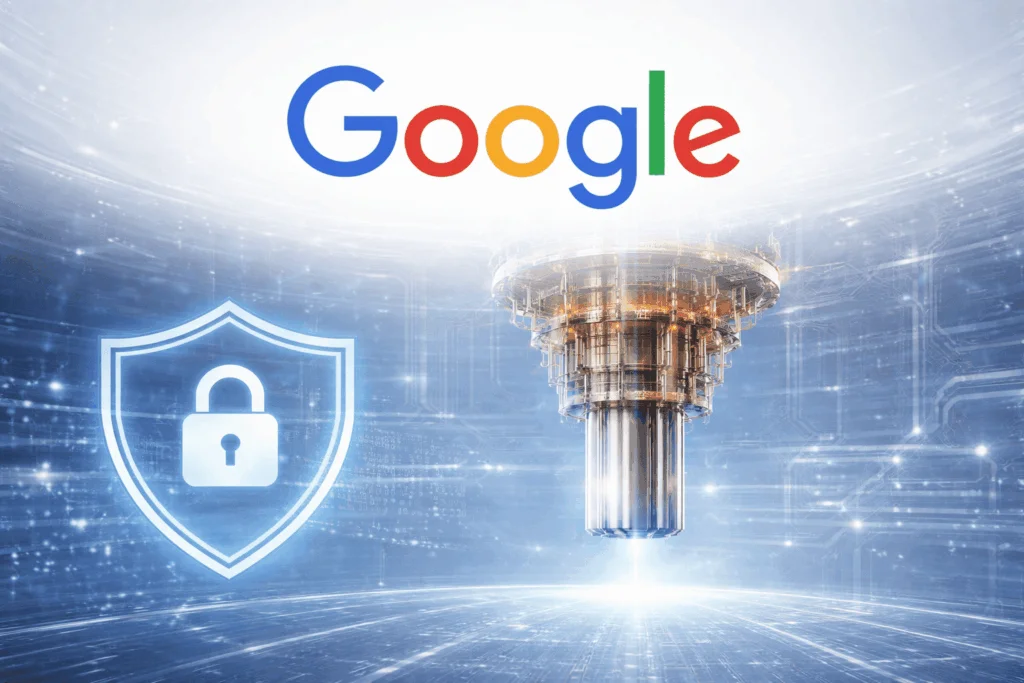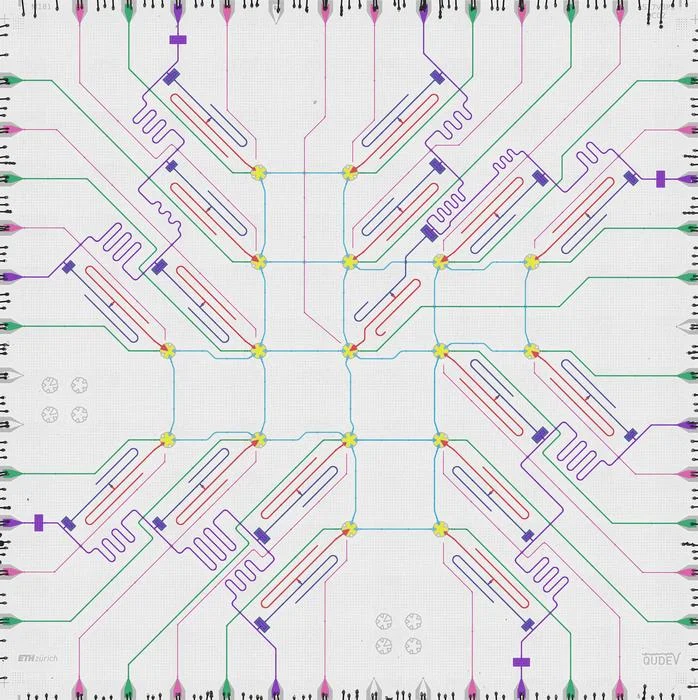One of the world’s leading experts on quantum communication and cryptography will join JPMorgan Chase in that company’s quest to enter the quantum era in financial services, according to a CNBC report.
The company hired Charles Lim, assistant professor in design and engineering at the National University of Singapore, to serve as the firm’s global head of quantum communication and cryptography, the news outlet reported, citing a company memo written by Marco Pistoia, who heads JPMorgan Chase’s global technology applied research group.
He will be focused on exploring next generation computing technology in secure communications, according to the memo from Marco Pistoia, who runs the bank’s global technology applied research group.
According to his LinkedIn profile, Lim won the National Research Foundation (NRF) Fellowship in Singapore and the National Young Scientist Award for his quantum cryptography work. Just last year, Lim took the helm of Singapore’s national quantum-safe network efforts, a research project funded by NRF Quantum Engineering Programme 2.0.

Lim has published over 40 peer-reviewed articles, in top journals. Those work has been cited by other researchers more than 3,500 times.
In the memo, Pistoia wrote that Lim will “pursue both foundational and applied research in quantum information, focusing on innovative digital solutions that will enhance the security, efficiency, and robustness of financial and banking services.”
According to the TQI intelligence platform, JPMorgan Chase is a leader in exploring how quantum computing will impact the financial industry.
Quantum computing offers financial companies both opportunities and challenges. Many theorists expect quantum computers, once fully realized, to be able to perform calculations, such as option pricing and portfolio balancing, better than classical computers. Currently, those tasks are expensive and time-intensive for today’s financial firms. The firm that taps quantum computers to achieve better performance in these tasks would seize an immense advantage over its competitors.
On the other hand, quantum computers represent one of the biggest future threats to the financial industry. The ability for quantum computers to crack current cryptographic techniques would leave banks — and their trillions of dollars of assets — vulnerable to quantum attacks. An intense effort is current underway to secure post-quantum approaches to securing data and information. Likewise, quantum snooping could intercept messages and transactions. Quantum communication research is investigating ways to secure information exchange.
Lim’s work, published in prestigious journals, such as Nature, Nature Photonics, Nature Communications, Science Advances and Physical Review Letters.
A few of those papers include “Long-distance quantum key distribution gets real” in Nature Photonics and Loss-tolerant quantum key distribution with mixed signal states in Physical Review A.
















